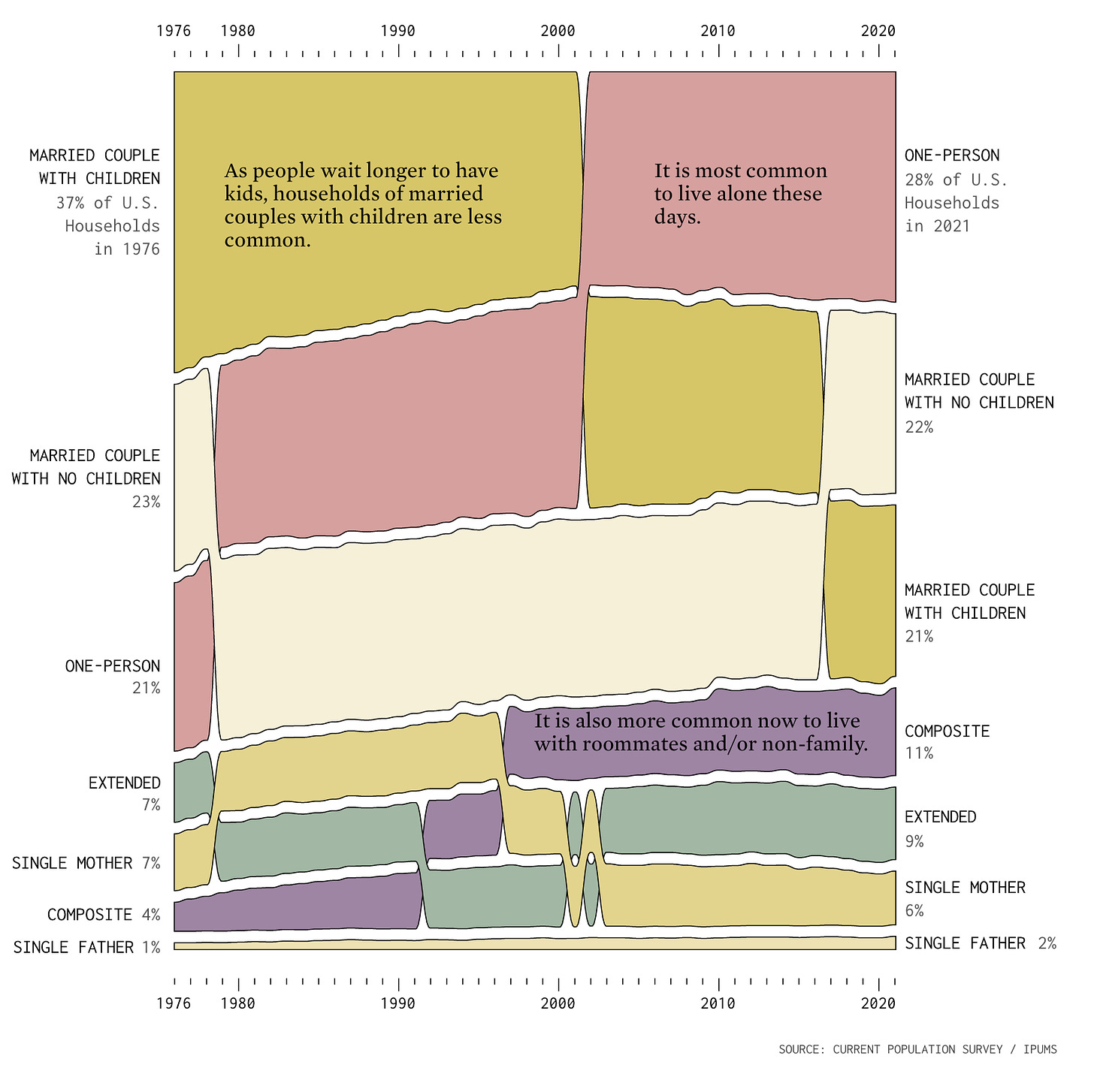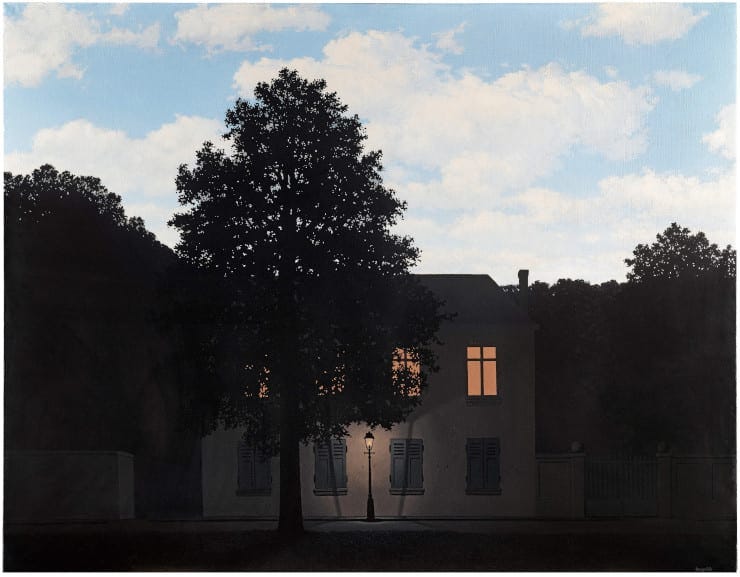What Happened Today: March 4, 2022
Ukraine nuclear fire; companies exit Russia; U.S. daycare shortage
The Big Story
In the early hours of the ninth night of the war in Ukraine, a fire broke out at the Zaporizhzhya nuclear power plant, the largest in Europe. As Russian forces took control of the site, the fire—which occurred at a facility building but not at the plant’s six reactors—was extinguished, temporarily averting the potential disruption of the site's nuclear cooling systems. Zaporizhzhya and most of the nation’s other nuclear reactors contain safety protections that reduce the risk of a catastrophic explosion like that which occurred in 1986 at Chernobyl, the nuclear site closest to the Ukrainian capital city of Kyiv. While explosions are still possible at the active nuclear reactors, which account for roughly half of Ukraine’s electricity and make them enticing targets for President Putin to control as he seeks to clamp down on the nation’s essential utilities, the immediate concern for Ukrainian officials is unfettered access to and oversight of the cooling systems, which at the Zaporizhzhya site are now governed by Russian forces. “If [the cooling system] is damaged, no one can predict the consequences,” said Oleksandr Kharchenko, a consultant to the Ukrainian energy minister.
The attack on the site prompted President Zelensky to call six world leaders over his concern that President Putin was intentionally targeting Ukraine’s nuclear plants and skirting a potential catastrophe, a fear echoed by Rafael Grossi from the International Atomic Energy Agency: “I am extremely concerned that the situation is very fragile and unstable.”
Additional details from yesterday’s 90-minute phone call between President Putin and French President Emmanuel Macron clarified the scope of Putin’s intention, with one French official telling the press that “Russia’s ambition is indeed to take control of all of Ukraine.” While struggling to take over Kyiv, Russian forces have made major inroads in the country’s south, where Russians have surrounded Mariupol and increased their position to take other port cities and effectively control Ukraine’s access to the sea. Responding to President Zelensky’s request for a NATO-enforced no-fly zone against Russian air forces, the NATO Secretary General Jean Stoltenberg told reporters the allies decided against the action, preferring to offer their support to Ukraine through economic sanctions. “We are not part of this conflict,” Stoltenberg said of NATO policing the Ukrainian airspace. “That would be even more dangerous, more devastating, and would cause even more human suffering.”
The Back Pages: Your Weekend Reads
The Rest
→ Joining a growing list of companies shutting down or throttling their Russian operations, IKEA, the world’s largest furniture maker, will close down its 17 stores across Russia but continue to pay the 15,000 workers affected by the closures, at least temporarily. The clothing giant H&M is shuttering its 168 Russian stores because of the Ukrainian invasion, saying in a statement that H&M “joins all those around the world who are calling for peace.” The corporate withdrawal from Russia, positioned as a political statement to align participating companies with Western consumers, is equally a reflection of the new challenges businesses will face in trying to overcome supply chain disruptions and other logistical roadblocks posed by the robust set of sanctions inflicted on Russia over the past week. FedEx, UPS, and DHL are no longer making deliveries in Russia, and software companies like Microsoft have stopped providing products and services across the country.
→ One day before the deadline to formally enter the race, French President Macron made a subdued announcement that he was seeking reelection for the nation’s top office. In a short letter published in several French newspapers, Macron eschewed a high-profile event to launch his candidacy, a reflection of both his strong position in the race and the recalibration each contestant must make against the urgency of the ongoing war in Ukraine. Though Macron’s approval rating sits at just 40%, he is polling significantly ahead of the far-right Marine Le Pen, his closest rival, which gives him a comfortable edge in the two-round election for another five-year term. A centrist, Macron has positioned his campaign around economic growth and cutting taxes. “There is no independence without economic strength,” he wrote in his announcement letter, a simple-enough strategy that could be what voters want to hear as Europe deals with increased expenses and energy prices caused by the continent’s dependence on Russia for a steady flow of natural gas.
→ A new Wells Fargo analysis of labor market data finds that some 460,000 families have been forced to seek alternative childcare solutions because of a major drop in employment at U.S. daycare facilities. Though job-growth numbers have been strong over the past two months and unemployment remains at a low 4%, the rate of women in the workforce hovers near the lowest level it’s been in several decades, a result in large part because staying home to care for children most often falls upon mothers, the analysts said in the report. The workforce shortage that rippled across the childcare industry during the pandemic put a spotlight on the sector’s long-standing rates of low pay and poor benefits. “There are no overnight fixes to this issue,” Sarah House, a co-author of the report, said this week.
→ The number of carjackings continues to skyrocket across U.S. cities: Cases of stolen vehicles quadrupled in New York City and Philadelphia in recent years, while Chicago reported a 20-year high in 2021, with 1,800 carjackings, more than any other U.S. city. While the increase can be attributed to a range of factors, such as the global automobile shortage or the financial precarity caused by the coronavirus pandemic, the unusual and alarming component of carjacking cases is how many cars are being stolen by young people, with some perpetrators as young as 11. The trend bucks the downward rate of juvenile crime; in the District of Columbia, violent crime by juveniles dropped by about 60% in 2020 and 2021, but carjackings by juveniles almost tripled.
Read More: https://www.nytimes.com/2022/03/01/us/car-theft-teens-pandemic.html
→ In the past 50 years, the U.S. birth and marriage rates have fallen 50%, constituting a demographic sea change that’s transformed the American household, as seen in this Flowing Data chart. Married couples with children once constituted a third of American homes; now they constitute a fifth. An adult living alone, meanwhile, has become the most common household type in the country.
Read more: https://flowingdata.com/2022/03/01/change-in-common-household-types-in-the-u-s/
→ In Chicago this week, the men’s squash player Paul Coll became the first New Zealander to hold the world number one spot in the World Rankings, just as he won the platinum Windy City Open, defeating the rising Youssef Ibrahim, one of the many Egyptians who’ve come out of Alexandria and Cairo squash programs to dominate the sport over the past decade. Coll’s rise is notable in that he’s found a way to continually win with a disciplined, measured style that stands in stark contrast to the Egyptians’ aggressive attacking play. This week saw another historic achievement in the world of racquets when Daniil Medvedev took over the world number one spot in the men’s tennis rankings, marking the first time in 18 years since a player not a part of the Big Four (Djokovic, Federer, Nadal, and Murray) held the top position.
→ A painting by the Belgian surrealist René Magritte sold for $79 million at a Sotheby’s auction this week, making it the second most valuable painting ever sold in the European market, just behind Monet’s $80.3 million “Water Lily Pond.” “L’empire des lumieres”(1961), or “The Empire of Light,” which juxtaposes a sunwashed sky above a nocturnal landscape, is part of a series of paintings Magritte did between 1940 and 1970. Commenting on the evocative power of the series and its pleasantly puzzling contradictions, Magritte said, “I call this power: poetry.”
→ In this video from Reuters, Ukrainian refugees arriving by train in Berlin are greeted in the station by thousands of Germans holding signs in several languages offering their homes to the refugees. Some of the signs include drawings of stick figures to show they have space for one or two adults and smaller stick figures for how many children.
“I was very scared and I had to get out from this hell. And now I am here. I hope I am in a safe place,” one woman says to the camera.

→ Now available for download, Issue #07 of The Tab, Tablet Magazine’s new printable weekly digest. This week is a special Ukraine edition, featuring pieces by Bernard-Henri Lévy, Jeremy Stern, Lee Smith, Liel Leibovitz, Ksenia Svetlova, and others.
Download The Tab here: tabletm.ag/tab
→ The sociologist Wolfgang Streeck is in New Left Review’s Sidecar blog with a look at the limits and repercussions of the Russian economic expansion on the oligarch model. But more interesting is his analysis of the power imbalance in Europe that has reinforced “Western unity” and the geopolitical leadership of NATO—which is to say, the United States—in light of the war in Ukraine.
For the U.S., refusing Russian demands for security guarantees was a convenient way to shore up the unconditional allegiance of European countries to NATO, an alliance that had become shaky in recent years. This concerned especially France, whose president had not long ago diagnosed NATO to be ‘brain-dead’, but also Germany with its new government whose leading party, the SPD, was considered too Russian-friendly. There was also unfinished business regarding a gas pipeline, Nord Stream 2. Merkel, in tandem with Schröder, had invited Russia to build it, hoping to fill the gap in German energy supply expected to result from the FRG’s Sonderweg running out of coal and nuclear power. The US opposed the project, as did many others in Europe, including the German Greens. Among the reasons were fears that the pipeline would make Western Europe more dependent on Russia, and that it would be impossible for Ukraine and Poland to interrupt Russian gas deliveries should Moscow be found to misbehave.
The confrontation over Ukraine, by restoring European allegiance to American leadership, solved this problem in no time.
Read more: https://newleftreview.org/sidecar/posts/fog-of-war
→ Karol Markowicz writes about the difficulties she had to find a Jewish place for her family in both New York and then Florida, where she moved to get away from the tight COVID-19 restrictions on children despite a relaxation of the regulations for adults across the city. Seeking a space that was not steeped in politics or the culture war, Markowicz notes an encounter with a Chabad near her home in New York before her family left as the “bright spot in my multiyear search for somewhere to belong Jewishly”:
The kindness of the rabbi and his family literally overwhelmed me. They offered us cookies and had our children recite the blessings and shake the lulav and etrog. His daughter told me about their Hebrew school, and I would have signed up on the spot. She asked what we were doing for Jewish education, and as I told her about our pathetic parsha summary reading, my lip started to quiver.
My husband was wrapping up his call when we left the sukkah, and I collapsed into him crying on the streets of Park Slope. I am not a crier, I am certainly not a public crier, but something was just breaking in me. He couldn’t understand what was wrong. I told him I felt like such a loser being unable to provide the Judaism for my family that my ancestors had had to fight for and that should be coming so easily to me yet is not.
Read more: https://karolmarkowicz.medium.com/adrift-e4bfa6ac2082
→ Check out this gallery of street photography taken between 2001 and 2021 in Kyiv by Juri Nesterov, a mechanical engineer born in 1954 in Eastern Ukraine who’s made a rich trove of documents of 21st-century life in the capital city.
Find the gallery here: https://flashbak.com/thoughts-hopes-and-disappointments-in-kyiv-a-street-photographers-photos-of-ukraine-2001-2021-450702/






